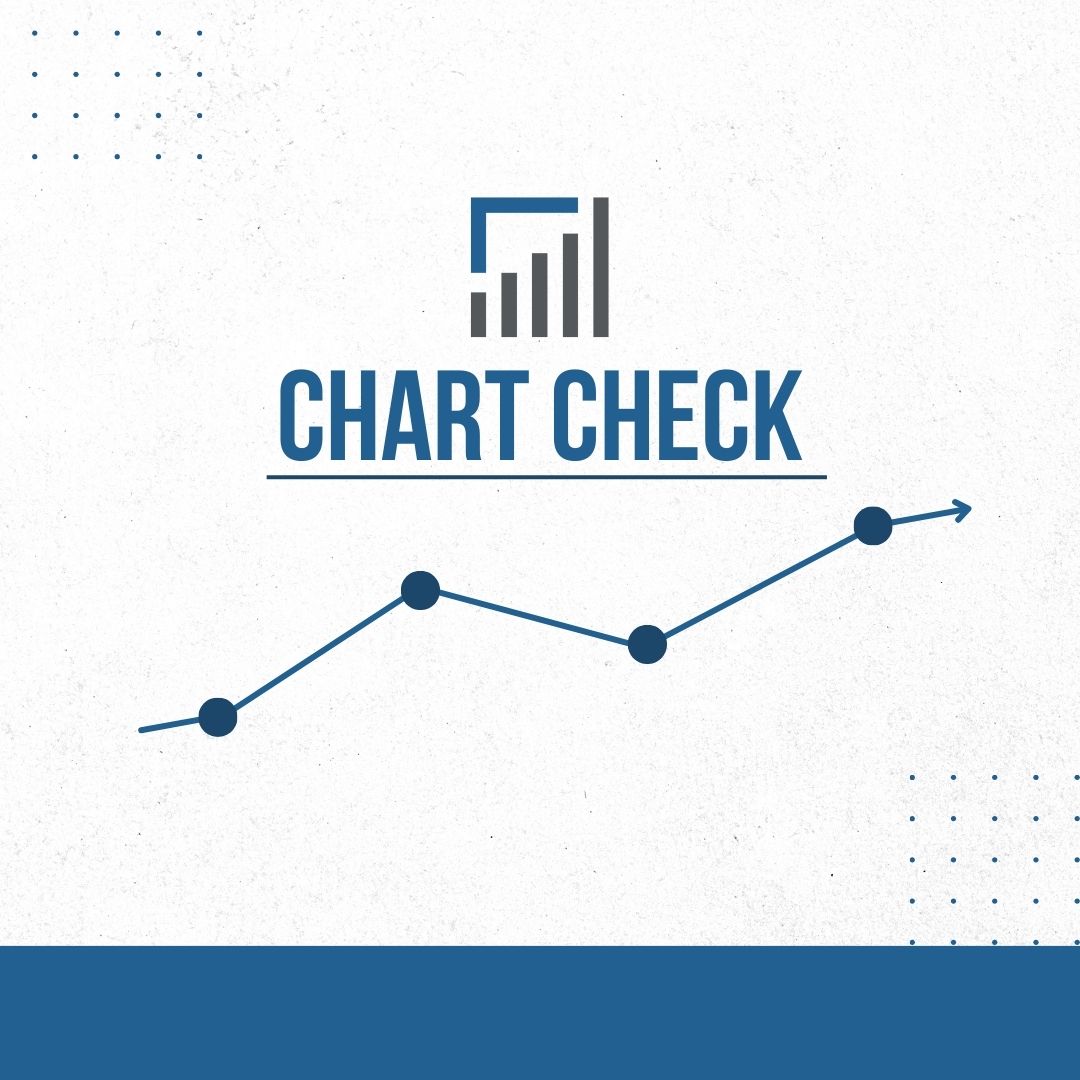The epidemic of financial fraud shows no sign of abating. Perhaps the saddest example is the “romance scam.” Reportedly some 30% of Americans have tried online dating. Too many have found fraudsters instead of soulmates, people who prey on the lonely to steal money and identities. According to the Federal Trade Commission (FTC), citizens have reported losing $1.3 billion to romance scams during the last five years, growing steadily from under $100 million in 2017 to about $550 million in 2021. It’s the largest category of online fraud, larger than identity theft or online shopping fraud. Because falling prey to a scam is so embarrassing, it is thought that many scams go unreported, so the actual losses could be far higher.
Scammers often go to great lengths to create a false identity. They may claim to be oil rig workers, in the military, or doctors with an international organization, among other alluring vocations. They may be patient, grooming the target for many months and becoming familiar with the target’s social media accounts before asking for money. According to the FTC, when the request finally comes, the funds may be “needed” for emergency surgery, medical expenses, plane tickets, or even to pay off gambling debts. The means of transfer is typically by wire transfer or gift cards because those are almost impossible to reverse and harder for the authorities to trace.
According to a recent item in The Wall Street Journal, women seem to be more vulnerable than men; most are older than 40, with the 50 -59 age bracket having the most victims. Also, financial losses tend to be more significant as the age of the victim increases.
© 2022 M.A. Co. All rights reserved.
(September 2022)
Signs of a Scam
- Professes love quickly.
- Claims to be overseas for business or military service.
- Asks for money and lures you off the dating site.
- Claims to need money — for emergencies, hospital bills, or travel.
- Plans to visit but can’t because of an emergency.
What To Do
- Slow down — and talk to someone you trust. Don’t let a scammer rush you.
- Never wire money from your bank account, buy gift cards, or wire money to an online love interest. You won’t get it back.
- Contact your bank right away if you think you’ve sent money to a scammer.
- Report your experience:
- The online dating site
- Federal Trade Commission: ReportFraud.ftc.gov
If you are a Legacy client and have questions, please do not hesitate to contact your Legacy advisor. If you are not a Legacy client and are interested in learning more about our approach to personalized wealth management, please contact us at 920.967.5020 or info@lptrust.com.

This newsletter is provided for informational purposes only.
It is not intended as legal, accounting, or financial planning advice.




